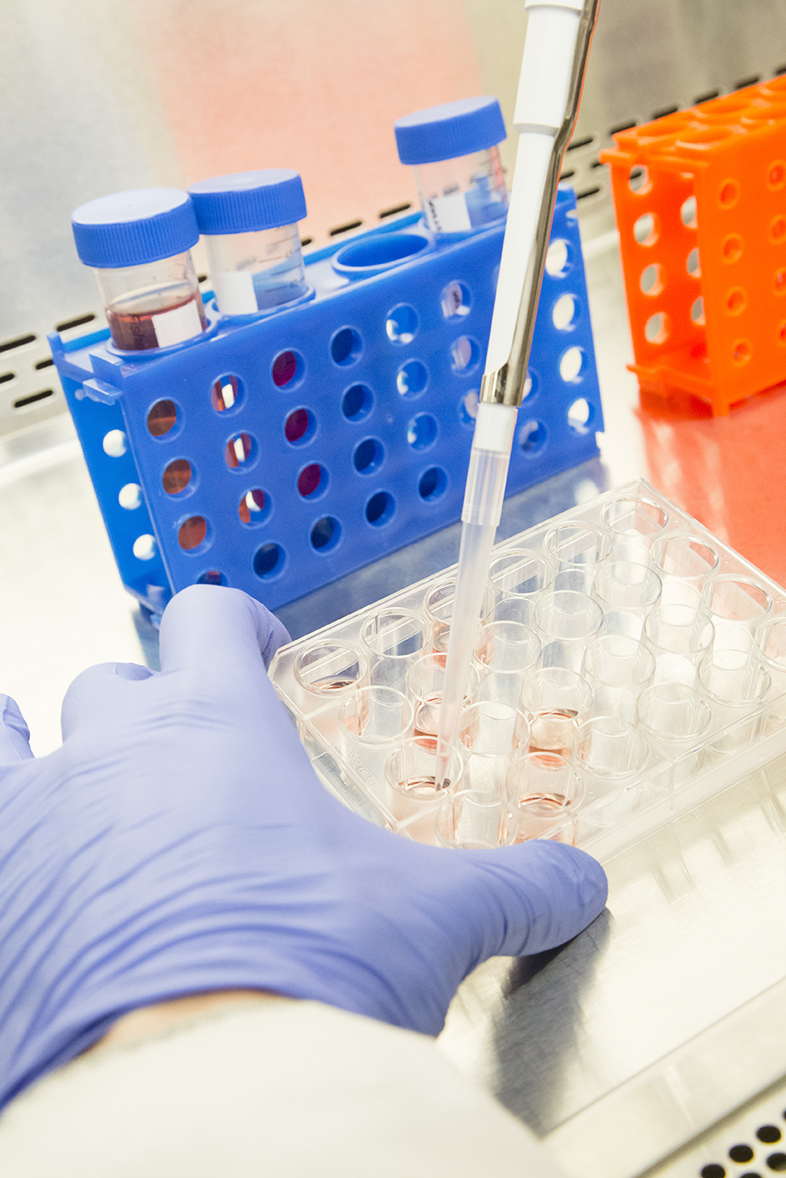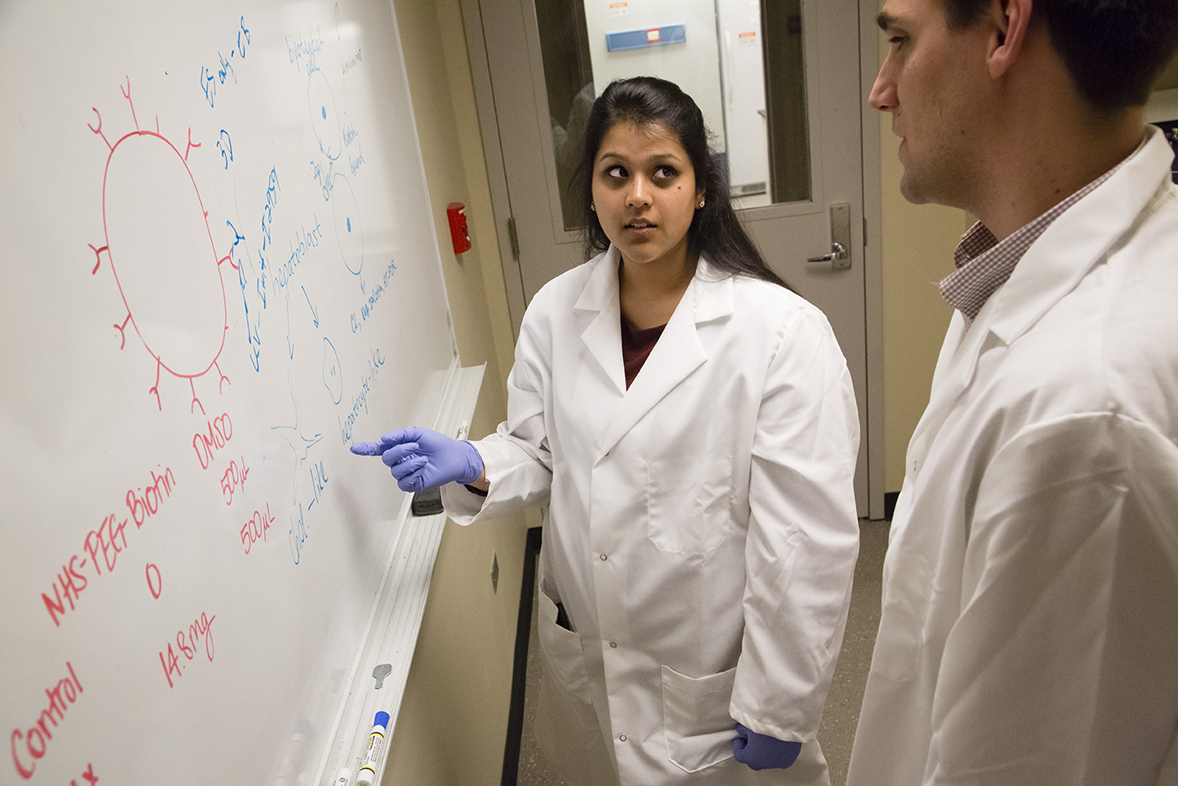Computer Science + Bioengineering
CS + Bioengineering is an interdisciplinary field combining engineering, computer science and applied mathematics principles to solve complex engineering problems using computational methods. It uses computer simulations, numerical analysis, and advanced mathematical techniques to model, analyze, and optimize engineering systems and processes.
This is a joint offering through the departments of bioengineering and computer science.
In your first and second year, you'll gain a thorough foundation in scientific computing practices and introductory bioengineering concepts. In your third and fourth year, you'll study diverse modern applications of computing in medicine and the life sciences. You'll graduate prepared to address emerging problems throughout your career!
- CS 124—Introduction to Computer Science I
- CS 128—Introduction to Computer Science II
- CS 173—Discrete Structures
- CHEM 102/103—General Chemistry I / General Chemistry Lab I
- MCB 150—Molecular & Cellular Basis of Life
- MATH 221—Calculus I
- MATH 231—Calculus II
- PHYS 211—University Physics: Mechanics
- PHYS 212—University Physics: Electricity & Magnetism
Students should consult with an academic advisor regarding course selection prior to the advanced registration period.
Graduates may work in the following industries:
- Medical Imaging
- Genomics
- Medical Devices
- Healthcare informatics and software
- Drug discovery
- Clinical informatics
- Computational Biology
- Analyze biomedical data
- Construct models of biological systems
- Design and install advanced diagnostic and therapeutic techniques
- Ability to design and conduct experiments
- Analytical skills
- Communication skills
- Critical thinking skills
- Coding skills
- Quantitative skills (math, science, eng.)
- Research skills
- Teamwork skills
- Technologically inclined
- Biomedical Software Engineer
- Healthcare IT Analyst
- Clinical Informatics Specialist
- Biomedical Algorithm Engineer
- Clinical Software Developer
- Biomedical Designer
- Biomedical Engineer
- Lab Director
- Project Engineer
Some careers may require education beyond an undergraduate degree.
- Participating in undergraduate research
- Applying for a study abroad experience
- Utilizing resources of The Career Center and Engineering Career Services
- Joining a Registered Student Organization (RSO) related to this major, such as:
- Biomedical Engineering Society, UIUC Chapter: Promotes the increase of biomedical engineering knowledge and its utilization.
- National Society of Black Engineers: NSBE's mission is to increase the number of Black engineers who excel academically, succeed professionally, and positively impact the community.
There are several professional organizations dedicated to majors within the Department of Bioengineering. Their websites might be able to provide a glimpse in the world of Computer Science + Bioengineering. These organizations include Biomedical Engineering Society and Association for Computing Machinery (ACM).

